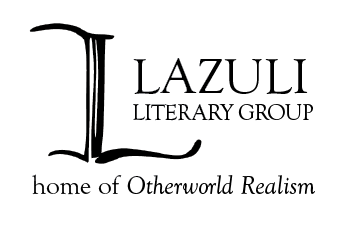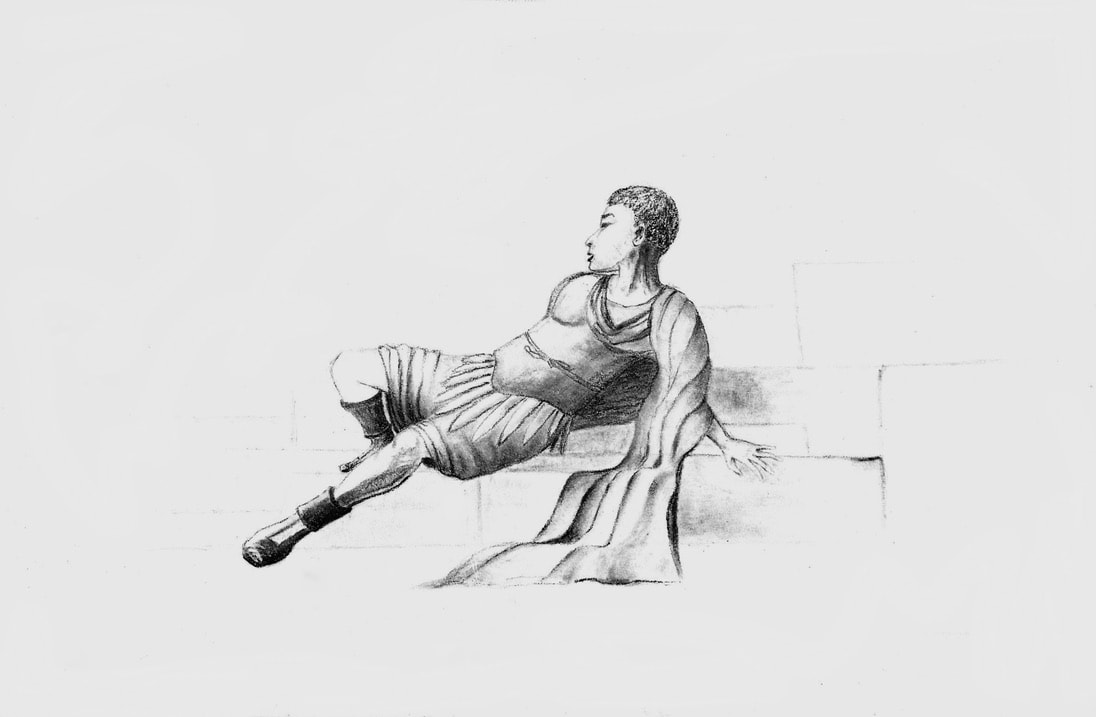In the nineteenth chapter of Gibbon’s Decline and Fall we read the astonishing and melancholy story of Sylvanus, a Roman general in the provinces of Gaul under the reign of Constantius. The court of that emperor was controlled by a corrupt and scheming cabal of eunuchs and ministers, who conspired to forge some letters of the hitherto entirely loyal Sylvanus’ to give the appearance that he planned to attempt a coup. The immediate danger to his person prompted Sylvanus to attempt the very thing he was unjustly charged with, and he assumed the purple at Cologne, only to be assassinated after a reign of twenty-eight days.
The idea of a false accusation leading to the performance of the same act of which one is accused seems almost preternaturally pregnant with theatrical possibilities. One can easily imagine a play of Shakespeare’s with this narrative; Sylvanus would begin with devotion towards the emperor perhaps stronger even than that of Brutus, and in his dying moments reflect that his sincere wish to serve Constantius with fealty was subverted by the inhuman exigencies of Fate.
The element of fatalism inherent in Shakespeare’s tragedies is, of course, an enervated one compared to the rigorous determinism we find in other, older, cultures. In the Bhagavad Gita, the prince Arjuna is hesitant to fight a war in which he finds many of his family members and friends on the opposing side. Krishna exhorts him to this task by pointing out that his enemies in battle “have already been slain by me: tremble not, fight and slay them” (11.34). If a writer with this kind of worldview took up the task of writing a play about Sylvanus, the actions of the treacherous ministers and eunuchs would likely themselves be the direct result of divine intervention – perhaps a demonstration of the deity’s ability to influence events to any end, despite the loyal general’s unwillingness to rebel. Such celestial interference in human affairs reminds us also of Homer, whose treatment of the story would likely have also been of this nature.
Modern life, of course, tends rather in the opposite direction to this; in the West, at the least, we are oppressed by the problems of too much moral freedom, rather than not enough. If a Camus, for example, took on the task of writing about Sylvanus (as he did, in fact, about Caligula), one suspects that the general’s dying reflections would be presented with a knowing and resigned smile, acknowledging that the roles of loyal subject and usurper were one and the same and both subsumed in the absurdity of human life. Stepping from the twentieth century to the dregs of the twenty-first, we might also speculate about the artificially depressed faux-conservative Michel Houellebecq (presuming, of course, that he could produce something featuring a main character that was not just a variant of himself). His Sylvanus would likely proclaim with a malicious and maudlin nihilism that he preferred the degenerated state in which he ended his existence, and that everyone else’s life would be the same.
This last example, whilst of an inferior quality from a literary standpoint, is an instructive one psychologically. It is obvious that what we have in Houellebecq is a man who has chosen to hate his life, and whilst it is natural to think of all these writers that their own characters and beliefs would influence their interpretation of the Sylvanus story, everyone knows that the behaviour of people like Houellebecq is self-reinforcing: the more self-pitying books he writes, the more like the books he becomes. In truth, the most salient causality flows in reverse to the natural one: how we do our work becomes who we are, and as assuredly as the child is the father of the man, Sylvanus is the father of the bard. Writing an abstracted analysis in place of a play is, of course, an expression of this same causality.
The idea of a false accusation leading to the performance of the same act of which one is accused seems almost preternaturally pregnant with theatrical possibilities. One can easily imagine a play of Shakespeare’s with this narrative; Sylvanus would begin with devotion towards the emperor perhaps stronger even than that of Brutus, and in his dying moments reflect that his sincere wish to serve Constantius with fealty was subverted by the inhuman exigencies of Fate.
The element of fatalism inherent in Shakespeare’s tragedies is, of course, an enervated one compared to the rigorous determinism we find in other, older, cultures. In the Bhagavad Gita, the prince Arjuna is hesitant to fight a war in which he finds many of his family members and friends on the opposing side. Krishna exhorts him to this task by pointing out that his enemies in battle “have already been slain by me: tremble not, fight and slay them” (11.34). If a writer with this kind of worldview took up the task of writing a play about Sylvanus, the actions of the treacherous ministers and eunuchs would likely themselves be the direct result of divine intervention – perhaps a demonstration of the deity’s ability to influence events to any end, despite the loyal general’s unwillingness to rebel. Such celestial interference in human affairs reminds us also of Homer, whose treatment of the story would likely have also been of this nature.
Modern life, of course, tends rather in the opposite direction to this; in the West, at the least, we are oppressed by the problems of too much moral freedom, rather than not enough. If a Camus, for example, took on the task of writing about Sylvanus (as he did, in fact, about Caligula), one suspects that the general’s dying reflections would be presented with a knowing and resigned smile, acknowledging that the roles of loyal subject and usurper were one and the same and both subsumed in the absurdity of human life. Stepping from the twentieth century to the dregs of the twenty-first, we might also speculate about the artificially depressed faux-conservative Michel Houellebecq (presuming, of course, that he could produce something featuring a main character that was not just a variant of himself). His Sylvanus would likely proclaim with a malicious and maudlin nihilism that he preferred the degenerated state in which he ended his existence, and that everyone else’s life would be the same.
This last example, whilst of an inferior quality from a literary standpoint, is an instructive one psychologically. It is obvious that what we have in Houellebecq is a man who has chosen to hate his life, and whilst it is natural to think of all these writers that their own characters and beliefs would influence their interpretation of the Sylvanus story, everyone knows that the behaviour of people like Houellebecq is self-reinforcing: the more self-pitying books he writes, the more like the books he becomes. In truth, the most salient causality flows in reverse to the natural one: how we do our work becomes who we are, and as assuredly as the child is the father of the man, Sylvanus is the father of the bard. Writing an abstracted analysis in place of a play is, of course, an expression of this same causality.
Marc Lerner is a writer living in Sydney, Australia. His work has previously been published in Typishly.

